The Igorot is one of the many ethnic groups in the Philippines. It is a general term used to include any of the various ethnic groups in the mountains of Northern Luzon.
According to Dr. Trinidad Pardo de Tavera, a Tagalog¹ scholar and partner of Dr. Jose Rizal² in forming the Tagalog alphabet, the word Igorot came from the root word Golot, meaning mountain chain and added with prefix [i-], which means pertaining to or people of. This prefix is common for many Philippine dialects (e.g. Isagada, people of Sagada, Ibontoc, people of Bontoc). The term Igorot therefore appears to be perfectly indigenous in origin.
The Spanish adopted this term, but it was generally used in a negative way. However, the Spanish were never able to penetrate the Cordillera during their 333 (1565-1898) year colonial period in the Philippines. Because of not being colonized, Igorots managed to keep their traditional religion and way of life.
The Igorots are divided into ethno-linguistic groups. They all have different dialects and traditions.
BONTOC - Bontoc is a place in Mt. Province and the people from Bontoc are called Ibontoc.
IBALOI - The Ibaloy (also known as Ivadoy) are an indigenous ethnic group found in Benguet. Ibaloi came from the root word Baloy, referring to a place in Itogon Benguet that this group of people inhabited.
IFUGAO - Ifugao are people from the Ifugao Province. The name Ifugao came from the root word Pugo (hill). Ifugao can also mean earth people or humans as they are distinguished from deities.
ISNEG - The Isneg, also known as Isnag or Apayao, are people from the Province of Apayao. The name Isneg came from the word Itneg which means inhabitant of the Tineg River.
KALINGA - The Kalinga, also known as Ikalinga, are people from the Kalinga Province.
KANKANAEY - The Kankanaey people came from the western Mt. Province, northern Benguet, and southern Ilocos Sur. The term Kankanaey came from the dialect they speak.
The classes mentioned are based on commonality of language, but some groups are not included here (e.g. Kalanguya, Karao of Benguet). These are also not absolutely representational because the locals still prefer to be called based on their area of origin.
Below are some of the photos of Igorots from early 1900s.
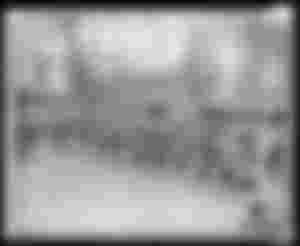
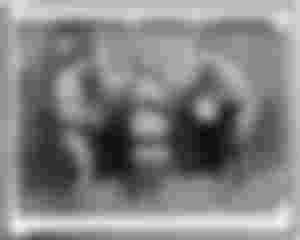
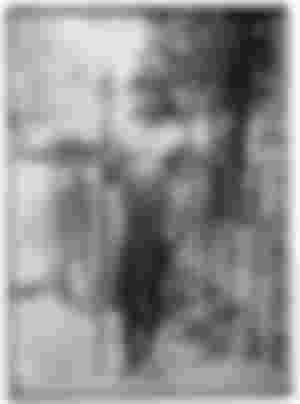
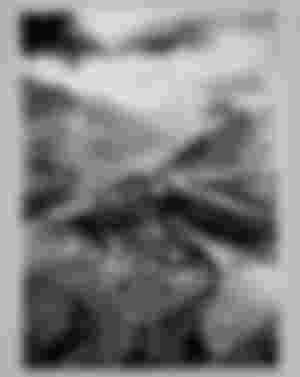
DEFINITION OF TERMS
1 - The basis of standardized national language of the Philippines (Filipino).
2 - A Filipino nationalist and tagged as the National Hero of the Filipino people.
3 - A single hand-held gong with a narrow rim.
The Igorots will be a series of articles. The following articles will contain tradition, culture, and history of each ethno-linguistic groups.
Part II
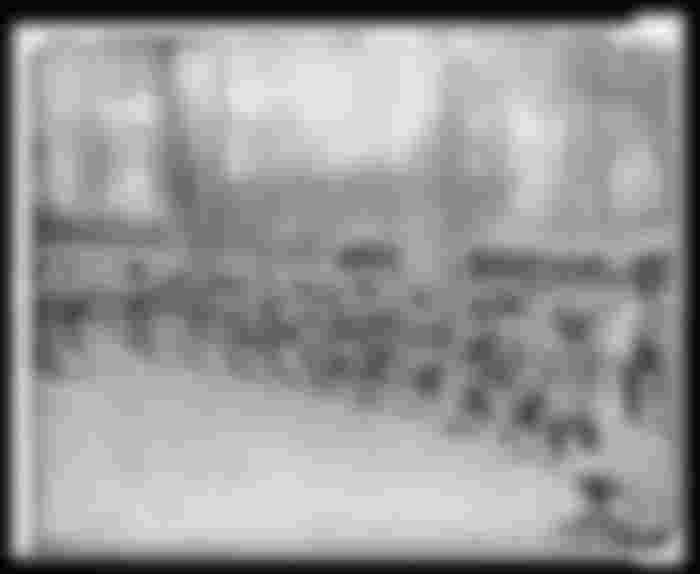
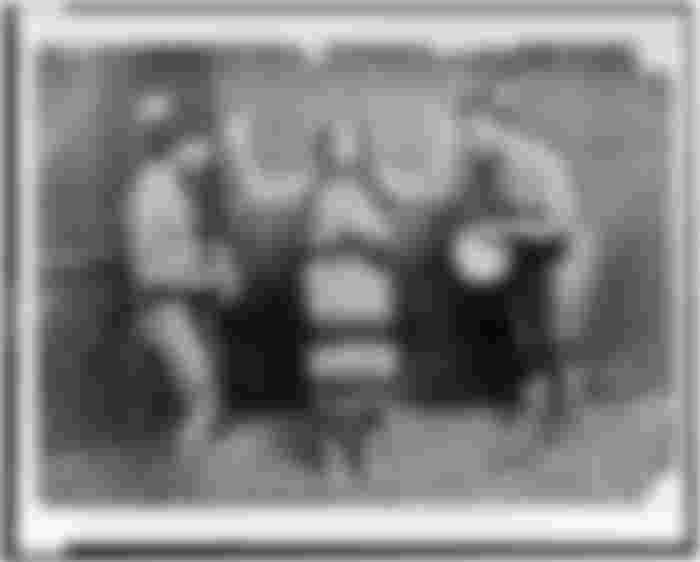
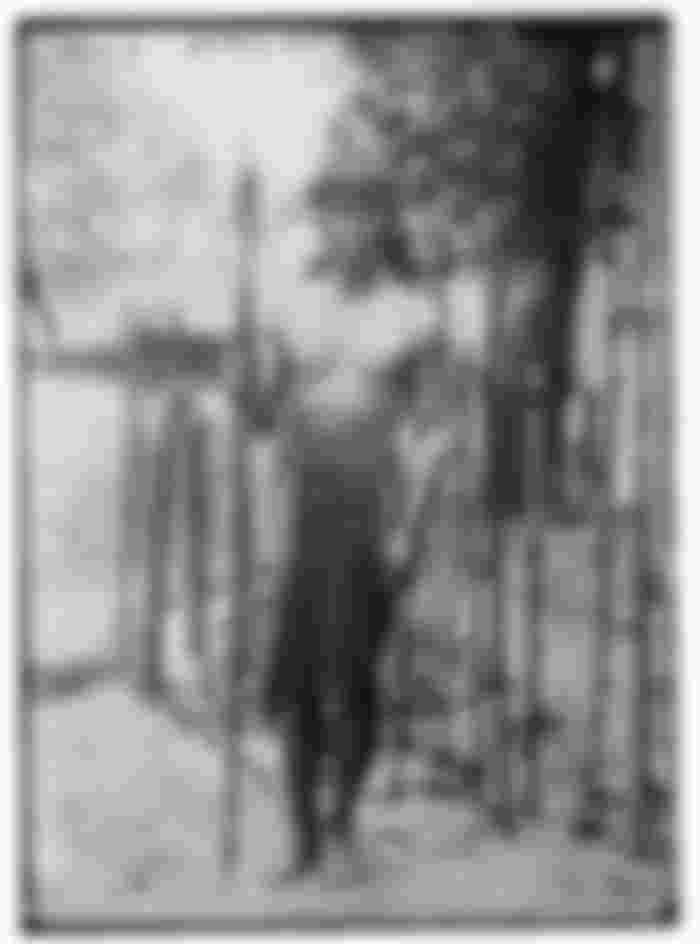
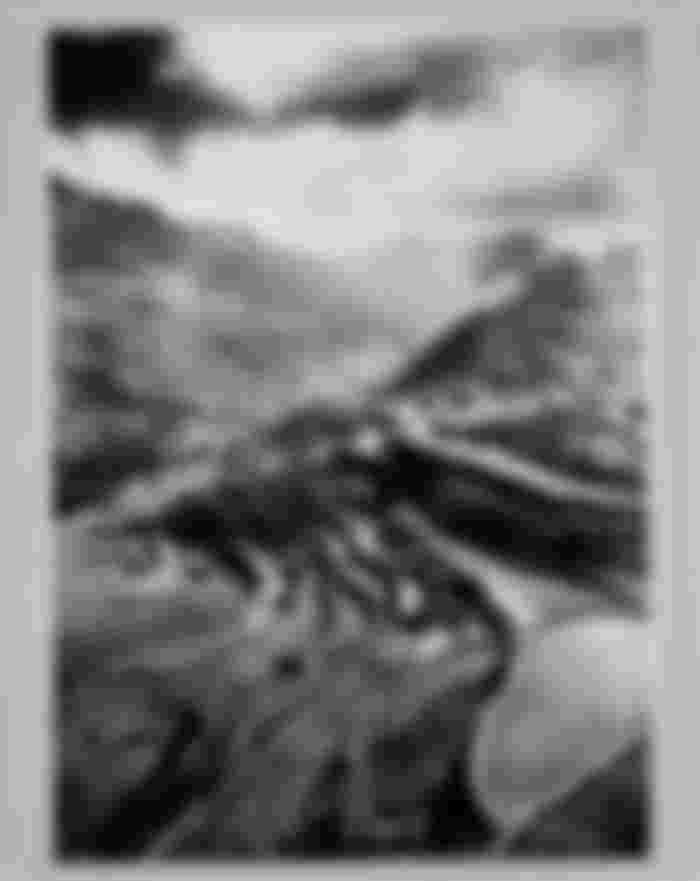
Nice article.because given me an idea about Igorot and their different type of language..!!!